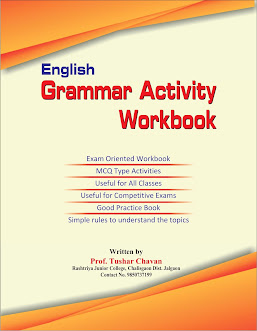3.1 If
About the
poet:
Rudyard Kipling was an
English journalist, short story writer, poet and novelist. Kipling was one of
the most popular writers in the United Kingdom, in both prose and verse, in the
late 19th and early 20th centuries. He was awarded the Nobel Prize for
Literature in 1907 at the age of 42. He was the first writer writing in English
to receive the prize.
About the
poem:
The poem ‘If’
deals with advice given by father to his son. This poem is inspirational and
motivational It gives a set of rules for 'grown-up' living. It contains mottos
and maxims for life. It is also a blueprint for personal integrity, behaviour
and self-development.
Poetic Appreciation of the poem- ‘If’:
|
Title |
The title of the poem is ‘If’. It denotes condition. |
|
Poet |
The poem is composed by Rudyard
Kipling. He was one of the most
popular writers in the United Kingdom in the late 19th and early 20th
centuries. |
|
Rhyme Scheme |
First Stanza: aaaa, bcbc Second Stanza: abab, cdcd Third Stanza: abab, cdcd |
|
Figure of Speech |
Personification: e.g. If you can dream and not make dreams
your master. Explanation: Dreams are described as having the human
quality of becoming a master.) Repetition: e.g. If you can dream and not make dreams
your master. Explanation: The word dream is repeated to make
an idea clearer and more memorable. Metaphor: e.g. Twisted by knaves to make a trap for fools.
Explanation: The word ‘Knave’ is indirectly compared with unreliable people. |
|
Theme/ Central Idea |
The central idea of the poem
is the advice given by father to his son. The speaker (father)
encourages his son to have confidence. He suggests him to live humble life
and to love unconditionally. He
also emphasizes that his son will inherit the earth if he understands the
valuable instructions of his father. The poem gives inspiration to all. |


.png)

















3 Comments